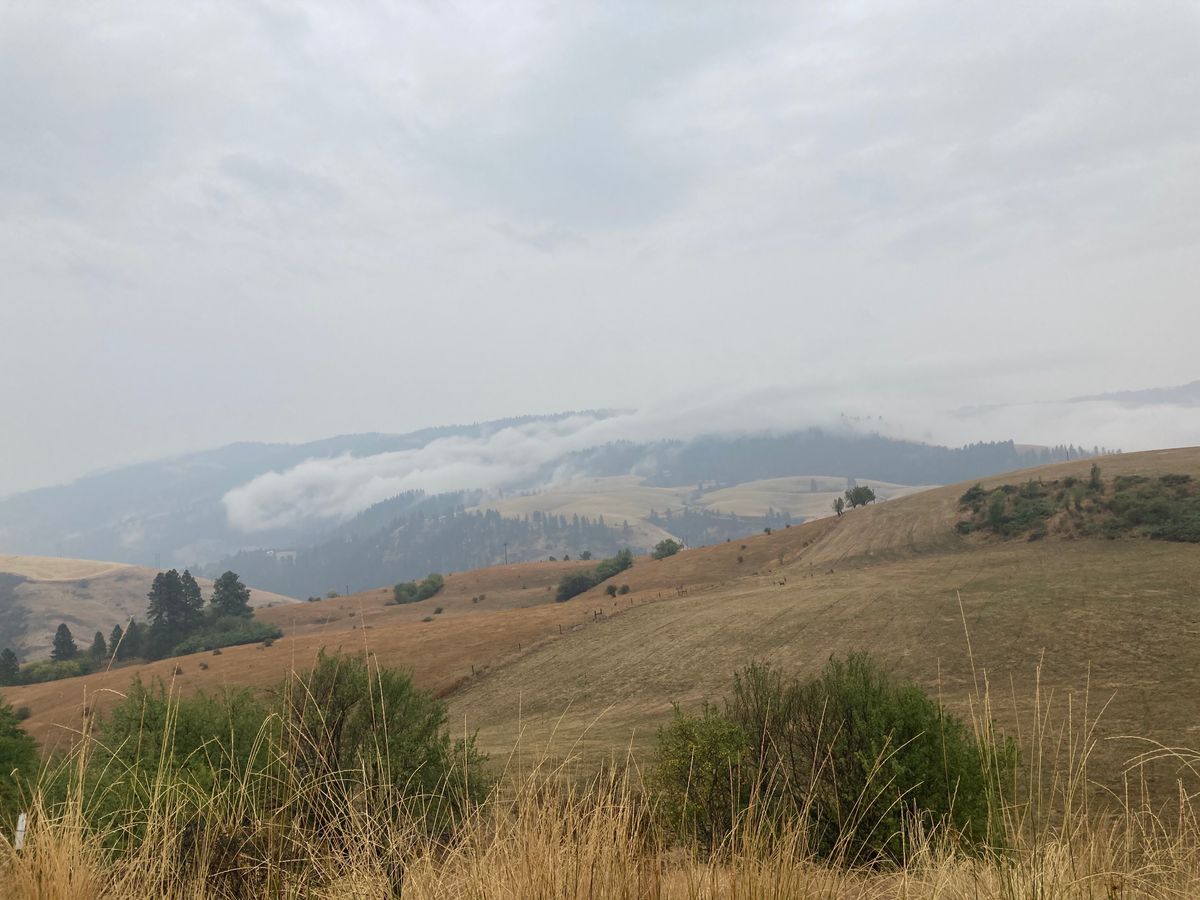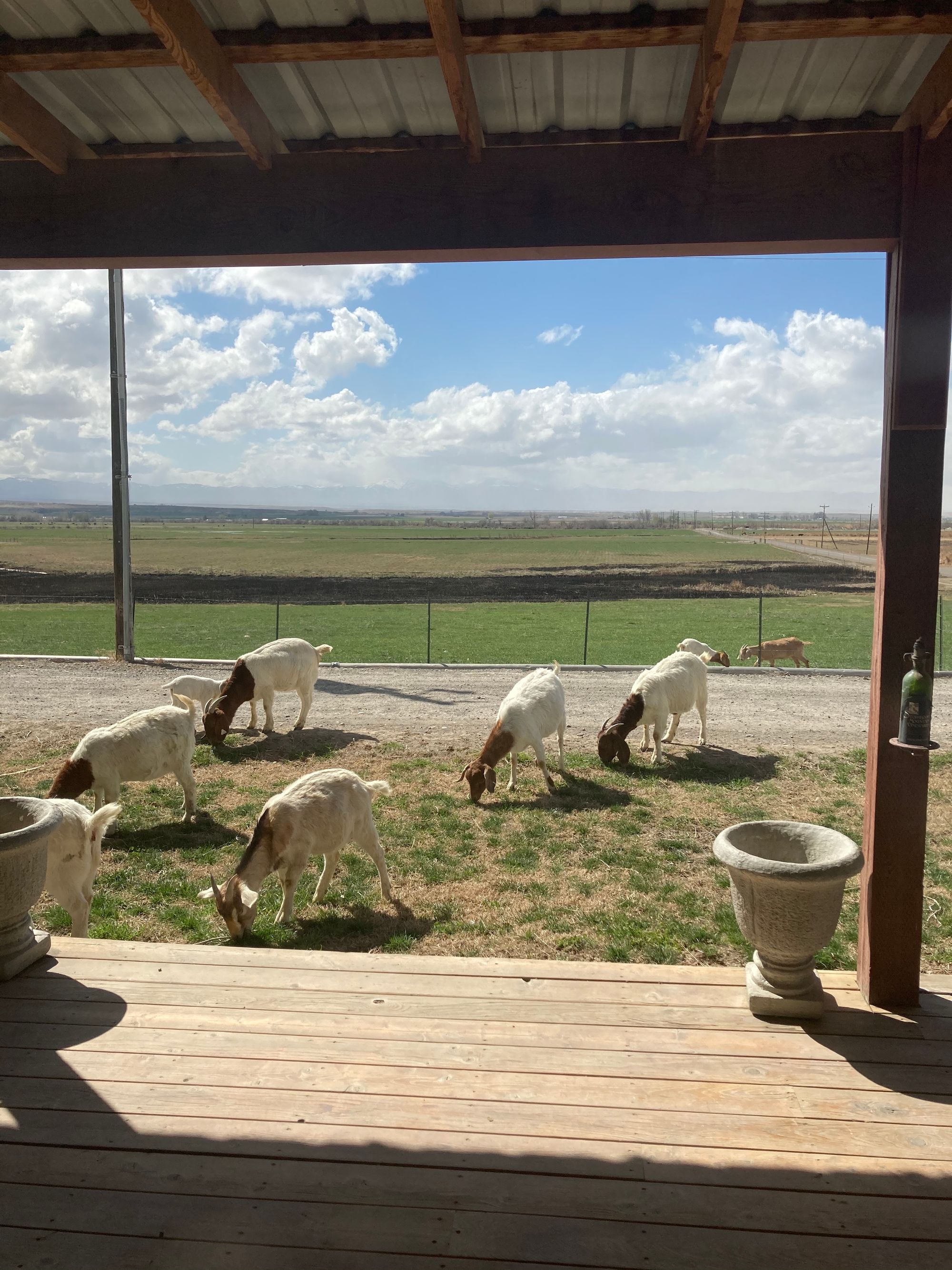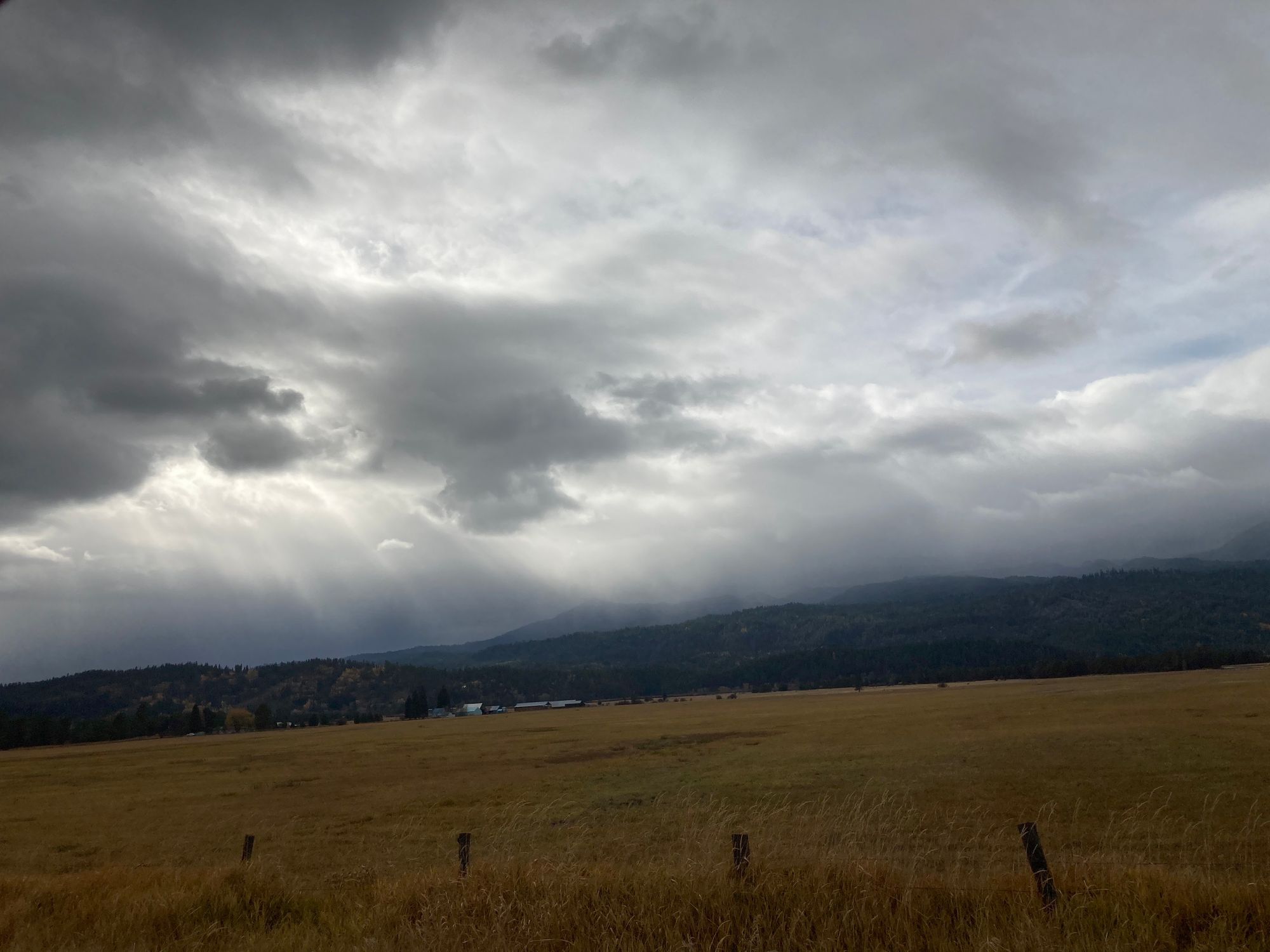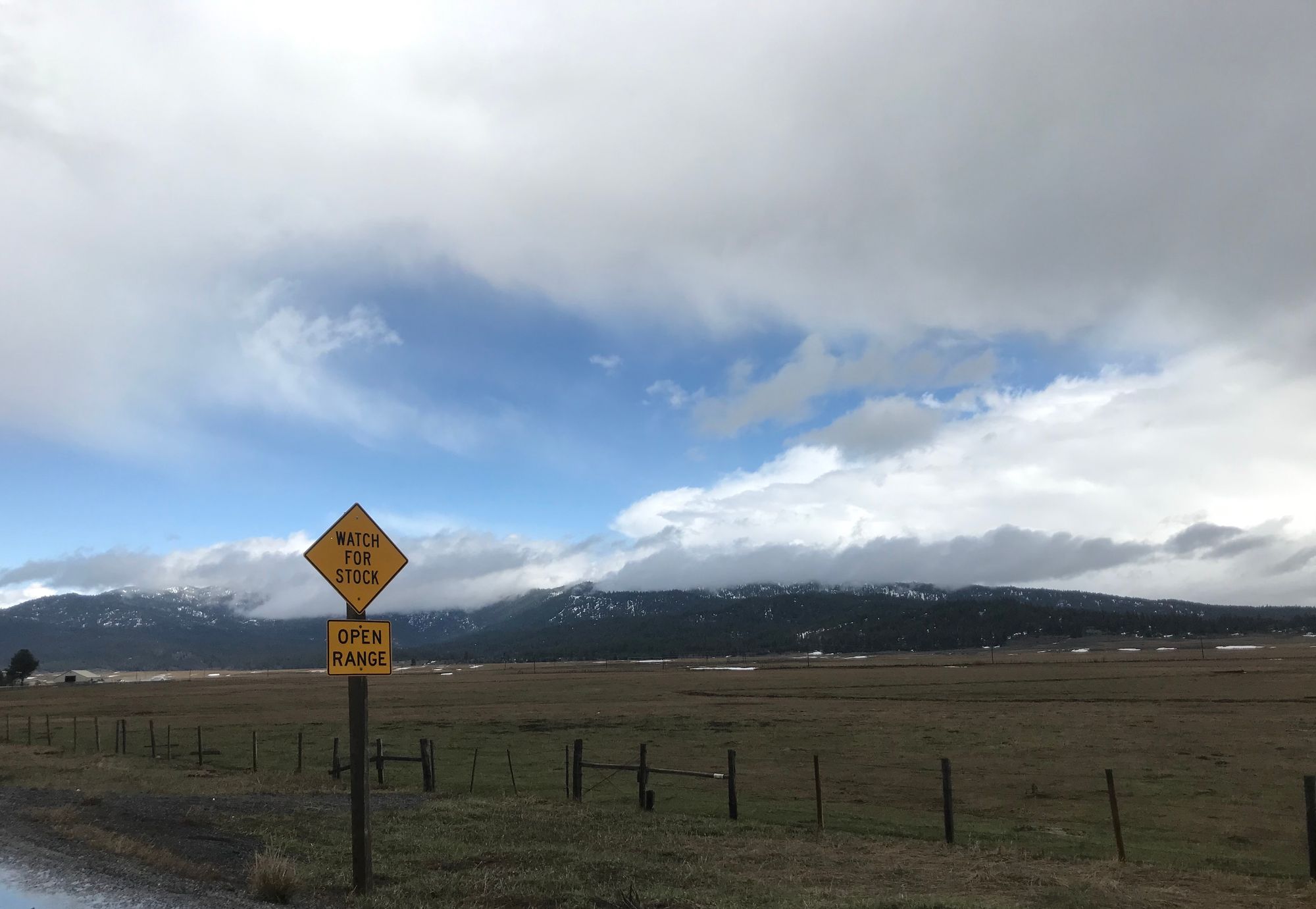This Newsletter Should Probably Be Two Newsletters
Read to the beginning for a hot deal and to the end for an eye-opening late night compilation video.

Some personal news: I managed to turn 30 this week, and also Saturday is Christmas, plus a few weeks ago it was Chanukah, so I’d like to give everyone a present. For the next 48 hours, you can buy a Humorism subscription for 50% off, aka 30 bucks for one year. Thank you as always for reading and I hope you have a wonderful holiday.
In theory a culture of mass opprobrium towards bad actors, whatever one might want to call that, offers two value propositions. One, through sanction or shame it drives those bad actors from spaces where they did and stand to do harm. Two, it sends a signal to everyone else: don’t do that. For various reasons this is not the ideal system to achieve those goals, but it came to exist because the alternative was no functional system at all, a status quo under which bad actors proliferated for so long they managed to convince everyone their bad actions were business as usual. It’s become fashionable to respond to those who whine about this culture of mass opprobrium, whatever one might want to call it, with mockery: it isn’t real, you idiot, everyone who got canceled is fine. This mockery is well deserved, and yet I wonder if the rhetorical response ought to have been paired with a material effort to, how do I say this, make some version of it real. What happened instead is the pendulum swung firmly in the opposite direction, where it now appears to be stuck. Not only are the bad actors back in the spaces where they did and can keep doing harm, their swift return sends one of two signals: either that they did no harm at all, or that the harm they did was good and should be celebrated. This is not a culture war victory for the bad actors, it is a workplace victory, a political and economic victory. They set the rules, and the rules say they always win. Cross them at your own peril.

I could’ve sworn Dave Chappelle said in his new Netflix special, The Closer, that his new Netflix special, The Closer, would close out his body of work with the streamer. And yet here’s Netflix’s head of global films, Scott Stuber, in Variety last week:
Stuber says Netflix will also continue to work with Chappelle, who has at least two more specials lined up at Netflix. He maintained that Netflix stands behind creative freedom and called Chappelle “a provocateur.”
I also seem to recall Chappelle saying no distributor would touch his new documentary about performing live comedy during the pandemic. And yet here’s Stuber again:
“Dave’s made this choice, I think, to take it around and roadshow it and do these different shows and different theatrical things and different big stadium stuff, and he’s in the midst of that, which seems to be what he’s going after,” Stuber says. “And if he did want to have the conversation about it, we would have the conversation. So it’s really about when and if he decides what he wants to do with it in the next iteration. And if he wants to have the conversation about what it means to sell it and distribute it, we will have that conversation with him.”
Huh. What could possibly account for Dave Chappelle saying all this stuff that turned out not to be true?

I will keep sounding this alarm even if no one listens: the future of comedy is transphobia. It’s taking shape right now in the form of Chappelle, Joe Rogan, and all their acolytes across comedy, where the law of the land is that hate speech isn’t hate speech if people laugh at it. For a vision of this future, we need only look to the UK:
The BBC is piloting a new comedy show to combat the perception that all its comedians are from the ‘woke’ liberal left.
Unsafe Space will feature a number of comedians linked to the Comedy Unleashed ‘free-speech’ comedy nights and championed by pressure group The Campaign For Common Sense.
The stand-ups lined up for the trial episode of the possible Radio 4 show includes GB News presenter Andrew Doyle and Leo Kearse, pictured, who stood for Laurence Fox’s Reclaim party in May’s Holyrood elections.
Also on the bill are Tony Law, Nick Dixon, George Zach and Mary Bourke. It will be recorded at Comedy Unleashed home, The Backyard Comedy Club in Bethnal Green, East London, next month.
Unsafe Space is billed as ‘provocative, unorthodox stand-up comedy for the open-minded, bringing diversity of opinion to BBC Radio 4’ – suggesting the programme-makers don’t believe that currently exists.
The Campaign For Common Sense, which kicks back against transgender rights campaigners and believes Black Lives Matter is ‘divisive ideological nonsense’, listed Doyle, Kearse, Bourke and Dixon as ‘alternative comedians that could be booked’ by the BBC after it claimed bias in its output last year.
It may not happen on our public airwaves, but it needn't take over NPR to take over comedy. The most powerful distributor in the world is onboard with anti-trans panic thinly disguised as boundary-pushing art; so is the world’s largest music streamer; so is the world’s most famous comedian, his famous friends, every venue that wants to book him, and everyone who wants to be him. What structural mechanisms exist to stop them?

Remember when the Comedy Store kept mum about a Covid outbreak over the summer? The other day it announced that in light of the omicron variant, it would cancel shows in only one of its three rooms. I know a dozen or so people with breakthrough cases in New York City right now, many of them comedians. If you work in LA comedy, I beg you to err on the side of caution.

Behold the NBC comms apparatus at work. On Saturday I and others quoted the New York Post’s report on SNL’s outbreak thusly:
Another insider claimed that executive producer Lorne Michaels had tested positive, adding that the “show must go on but don’t expect to see Colin Jost, Sarah Sherman or (Aristotle) Athari.” Jost usually hosts “Weekend Update” with Michael Che, while Sherman and Athari are both newcomers to the ensemble this season.
At some point that evening, the language changed with nary an editor’s note. Here’s how it looks now:
Although some set sources claimed executive producer Lorne Michaels, 77, had tested positive, others have denounced that as “NOT” true — and confirmed that he’s actually on set overseeing tonight’s show right now.
A source added that the “show must go on but don’t expect to see Colin Jost, Sarah Sherman or (Aristotle) Athari.” Jost, 39, usually hosts “Weekend Update” with Michael Che, 38, while Sherman, 28, and Athari, 30, are both newcomers to the ensemble this season.
Notably, the change upped the number of people attesting to Michaels’ positive test: from “another insider” in the first version to “some set sources” in the second.

Some weeks ago I visited the SNL standby line, where you can line up at 7pm Friday for a chance to receive tickets at 7am Saturday, to ask fans their thoughts on the Horatio Sanz lawsuit. Of the 30ish people I spoke to, only one was previously aware of the case: she said you have to blank these things out in your mind. The folks I chatted with, mostly young people, some of whom had traveled cross-country or even from Canada for the show, were generally appalled by the news. One group, grimaces descending across their faces, declared Okay, we’re just here for [the musical guest]. The two people most interested in details about the case, perhaps not surprisingly, were both mothers chaperoning their children. One, a schoolteacher from out of state, pressed for my thoughts about the systemic factors at play, curious whether the folks in charge now knew what was going on then. She eventually, jokingly said I’d ruined everything and she had to leave; but no, it was too late, this trip had been two years in the making. She would, however, clap a little more quietly.

In one of my newer projects, I’ve been taking advantage of our nation’s wonderful public records laws to collect data on how much public colleges and universities pay comedians. What will I do with this data? I couldn’t possibly tell you yet. I’m hoping a picture will emerge as the spreadsheet grows, though I suspect the sample will be too narrow to extrapolate any meaningful conclusions about, say, disparities across demographic groups. At the very least I think it’ll be interesting to chart various comedians’ rates over the years, to see which institutions pay the most and which pay the least. Maybe I’ll end up making it a public effort we can all collaboratively add to, if you think that’s fun, which I do.
What I can say, 55 data points in, is this: these numbers have affirmed my conviction that it would be for the good of all comedians if the comedy industry shifted from operating chiefly as a restaurant business to operating more in the vein of donor-supported nonprofit theaters.
Before I tell you what I mean, let me share some figures. In 2017 the University of Central Florida paid Adam Devine $51,500 for an hour of comedy (his opener, Adam Ray, received $500). That same year, Truman State University in Missouri paid Devine $49,500 (of which Ray received an unspecified amount). In 2020 Ferris State University paid John Mulaney $50,000 for a virtual Q+A, while this year it paid Whitney Cummings $40,000 for a live show. In 2017, the University of Maryland-College Park paid Hasan Minhaj $70,650 for two shows; last year it paid him $60,000 for a virtual Q+A. In 2018 UMD paid Ali Wong $100,000, in 2019 it paid Mulaney $175,000, and this year it paid Jimmy O. Yang $60,000. In 2019, Miami University in Ohio paid Nasim Pedrad $40,000, the same amount Kent State paid Chris D’Elia.
I share these numbers not to cast any judgment on the comedians or institutions, but to observe the obvious: that’s a lot of money. In comedy as in other creative fields, once you reach a certain level of fame you functionally gain the power to turn on a cash spigot whenever you want. This level of pay—basically a median annual income to several times that for one hour of work—starkly contrasts with the pay available to the vast majority of comics working small and midsized regional clubs, which hasn't risen in decades. (And as any comic will tell you, the road is itself a money spigot compared to New York City and Los Angeles, where only regulars at the biggest clubs can hope to earn more than gas money.) I will venture that one reason for this stagnancy, other than the greed of venue owners and operators, is that most comedy venues are not designed to pay comedians: they are designed to be restaurants, with all the expenses that industry is famous for and live entertainment as a side dish.
To be sure, some of these clubs do quite a bit of business. Thanks to the Shuttered Venue Operators Grant program, I’ve also been able to piece together 2019 revenue figures for scores of comedy venues across the country, and I can tell you that live comedy was at minimum a $170 million industry that year. This data is incomplete—some venues, like UCB and the Comedy Store, didn’t receive SVOGs, and I assume I’ve missed a few whose business entities have different names. (Also, I suspect some venues aren't on the up-and-up about their financials.) Still, I believe it is the most complete picture of comedy venue revenue currently in existence. I will write more about it next year, but for now let us take away the following: of 133 live comedy operators operating in 2019, the average gross revenue was $1.2 million, while the median was $459,000.
(A necessary caveat: the SVOG calculation is based on gross earned revenue, e.g. revenue from the sales of goods and services but not from sources like donations and sponsorships. Again, the picture is incomplete, but I think it’s safe to assume most comedy clubs on the list don't make much from donations or sponsorships; probably a few improv theaters do.)
To put things differently: comedy’s biggest stars and many of its smaller stars earn more in one tour than many comedy venues earn in a year. Remember, the data I’ve collected only shows what comedians make from public universities: for most of them, ordinary private venues (not to mention private universities) likely comprise a much bigger piece of the pie. The two 2017 dates for which Adam Devine earned $100,000, for example, were part of a 26-stop tour.
Now, I know it’s not news that there are lots of rich people in Hollywood. What I hope to impart here is how easy it would be for enterprising venues to decouple pay from revenue, if not to decouple revenue from sales entirely. The mid-to-upper echelons of the industry are full of comedians who owe their careers to local comedy communities they could give tens or hundreds of thousands of dollars without batting an eye. (So could talent agencies, for that matter.) Their donations would handily serve their own interests, both by cultivating future collaborators and by ensuring the sustainability of venues where they perform. More importantly, this system could help shift the political economy of comedy away from self-interest altogether and toward something more mutualistic than it's ever known. Imagine a world where comedy workers are not dependent on the goodwill of tyrannical small business owners to survive; imagine a world where they’re dependent on each other. I daresay it’s possible.

I will leave you with this compilation of late night Google spon-con. Have a great holiday.
Normal stuff, carry on pic.twitter.com/rCHjW4mMGH
— Luther Lowe (@lutherlowe) December 22, 2021


